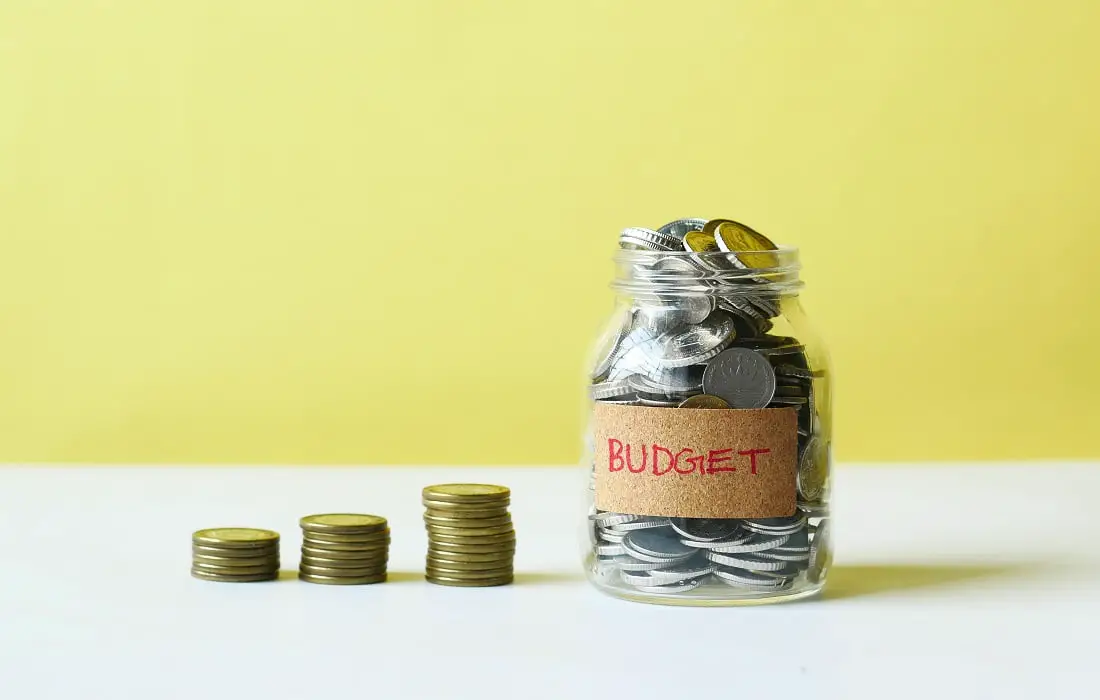Are you struggling to make ends meet every month? Do you find yourself living paycheck to paycheck, with little to no savings? If so, then it’s time to take control of your finances and build a budget that works for you. Building a budget might seem daunting at first, but it’s a simple process that can help you save money and achieve your financial goals. In this article, we will discuss the steps you can take to build a budget that works for you.
Understanding Your Income and Expenses
The first step in building a budget is to understand your income and expenses. This includes all of your sources of income, such as your salary, bonuses, and any other sources of income you may have. It also includes all of your expenses, such as your rent or mortgage, utilities, food, transportation, and any other expenses you may have. To get a clear understanding of your income and expenses, you can use a budgeting app or a simple spreadsheet.
Setting Financial Goals
Once you have a clear understanding of your income and expenses, it’s time to set some financial goals. Financial goals can help you stay motivated and focused on your budget. Your financial goals should be specific, measurable, achievable, relevant, and time-bound (SMART). Examples of financial goals include paying off debt, saving for a down payment on a house, or building an emergency fund.
Creating a Budget
With a clear understanding of your income and expenses and your financial goals in mind, it’s time to create a budget. A budget is a plan for how you will allocate your income to cover your expenses and meet your financial goals. To create a budget, start by listing your income and expenses in a spreadsheet. Then, allocate your income to cover your expenses and savings goals.
Tracking Your Spending
Once you have a budget in place, it’s important to track your spending. This will help you stay on track with your budget and make adjustments as needed. There are many tools and apps available to help you track your spending, or you can simply keep track of your expenses in a spreadsheet or notebook.
Making Adjustments
As you track your spending, you may find that you need to make adjustments to your budget. This is normal, and it’s important to be flexible and make changes as needed. For example, if you find that you’re spending more on groceries than you anticipated, you may need to adjust your budget to account for this.
Building an Emergency Fund
One of the most important aspects of a budget is building an emergency fund. An emergency fund is a savings account that you can use to cover unexpected expenses, such as car repairs or medical bills. Ideally, your emergency fund should be large enough to cover at least three to six months’ worth of expenses.

Sticking to Your Budget
Building a budget is only the first step. The key to success is sticking to your budget over the long term. This requires discipline and commitment, but the rewards are well worth it. Sticking to your budget can help you achieve your financial goals, build savings, and reduce stress.
Conclusion
Building a budget can be a daunting task, but it’s a simple process that can help you achieve your financial goals. By understanding your income and expenses, setting financial goals, creating a budget, tracking your spending, making adjustments, building an emergency fund, and sticking to your budget, you can measure your financial health and build a better future for yourself and your family.
FAQs
Why is it important to build a budget?
Building a budget is important because it helps you take control of your finances and achieve your financial goals. It allows you to track your spending and identify areas where you may be overspending, so you can make adjustments and save money.
How do I get started with building a budget?
To get started with building a budget, start by understanding your income and expenses. Then, set some financial goals, create a budget, and track your spending.
What are some common budgeting mistakes to avoid?
Some common budgeting mistakes to avoid include not accounting for all expenses, not setting realistic goals, and not tracking your spending.
How can I make adjustments to my budget?
To make adjustments to your budget, start by tracking your spending and identifying areas where you may be overspending. Then, adjust your budget to account for these expenses.
What should I do if I have a large unexpected expense?
If you have a large unexpected expense, such as a medical bill or car repair, you can use your emergency fund to cover the expense. If you don’t have an emergency fund, consider setting aside some money each month until you have enough to cover three to six months’ worth of expenses.
